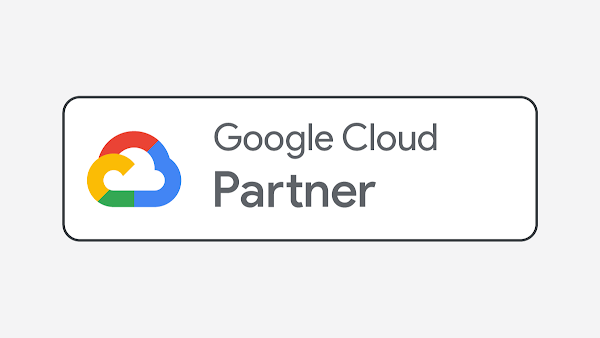Effectiveness of Google Cloud Partner

Businesses moved to the Cloud to digitally change their operations, and Google cloud experienced tremendous demand in 2021.
With the increase in cloud deployments, Google Cloud turned to its ecosystem to assist clients in creating customized implementations with systems integrators, create packaged solutions with independent software vendors, and coach employees on how to utilize the latest cloud technologies with consulting and training companies.
Google Cloud combines its channel sales teams and ecosystem into a unified Google cloud partner organisation to provide a more efficient go-to-market strategy for its customers and partners in 2022 and beyond.
They intend to more than double their investment in support of their partner network over the next several years, including increased co-innovation resources, more incentive schemes and co-marketing funds, and a greater commitment to coaching and enablement, all to maintain their combined momentum in the market.
Providing consultancy partners with leads and innovative go-to-market initiatives
Cloud partners continue to attract ways to deliver high-value execution and professional services, digital transformation expertise, and industry solutions. The need for highly skilled partners to speed up digital transformation for clients has never been greater. Cloud plans to spend on their SIs in 2022 by:
- Expanding their cooperation with partners and moving to a partner-delivered, partner-led strategy for expert services required by their clients. This will include new lead creation and lead-sharing activities with their SI partners.
- Investing more with SIs in go-to-market initiatives for specific SI solutions and developing more pre-integrated Google Cloud AI and industry ISV solutions with their SI partners.
- To meet their objective of reaching 40 million new individuals on Google Cloud, they are accelerating crucial training, specialization, and certification initiatives. This includes new programs for seasoned practitioners and a hybrid learning model that mixes in-person and online learning with Google mentorship
With increased resources, ISV partners may develop faster.
For their mutual customers in 2021, their ISV partners assisted in developing innovative integrations with Google Cloud capabilities in data, ML, analytics, AI, and security. In fact, from 2020 to 2021, the value of their third-party market transaction increased by more than 500%. (Q1-Q3). In 2022, they’re reaffirming their dedication to the success of their ISV partners by:
- Investing heavily in the new Google Cloud Marketplace features, including deploying new technical resources to help ISVs release their apps and solutions more quickly. In addition, they’re cutting the Marketplace rate for qualifying solutions to 3%, which will help drive more client adoption.
- Expanding Clouds’ technical teams and regional sales dedicated to supporting ISVs and boosting market development funds to help their ISVs achieve even greater sales growth.
- Investing more technical resources to assist ISVs in transitioning to more sophisticated SaaS delivery methods and optimizing and supercharging their apps for clients using Google Cloud technology.
- Utilizing Google Distributed Cloud to distribute products across hybrid cloud environments, various clouds, and at the network edge, ISVs can create new monetization models. Using Cloud’s network of telecommunication companies and 140+ Google network edge sites, ISVs will be able to design sector-specific 5G and edge solutions.
- Increasing money for ISVs to help customers migrate to the Cloud pricing faster mitigates infrastructure costs.
As the year 2022 progresses, it’s obvious that the wave of digitalization will continue to drive consumer demand for the Cloud and a requirement for Google Cloud partner services, support, and solutions. Google Cloud predicts that by consolidating their partner teams into a single organization and more than increasing their support budget for their partner network over the next several years, they would be able to accelerate their global market momentum.




